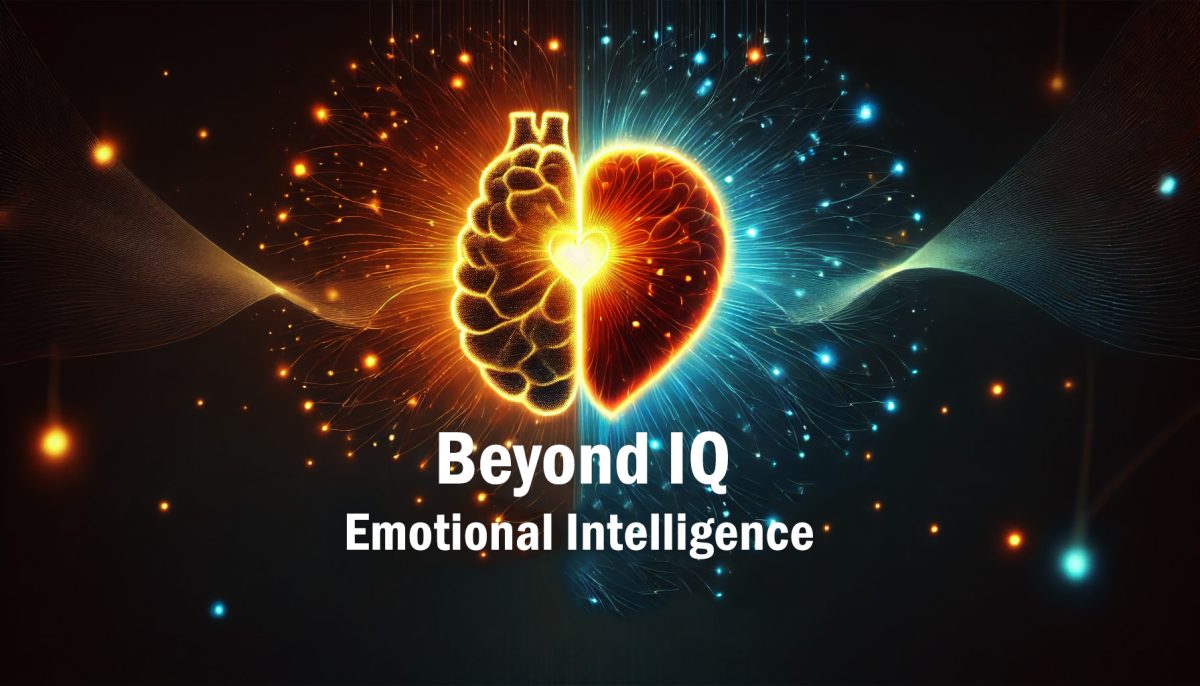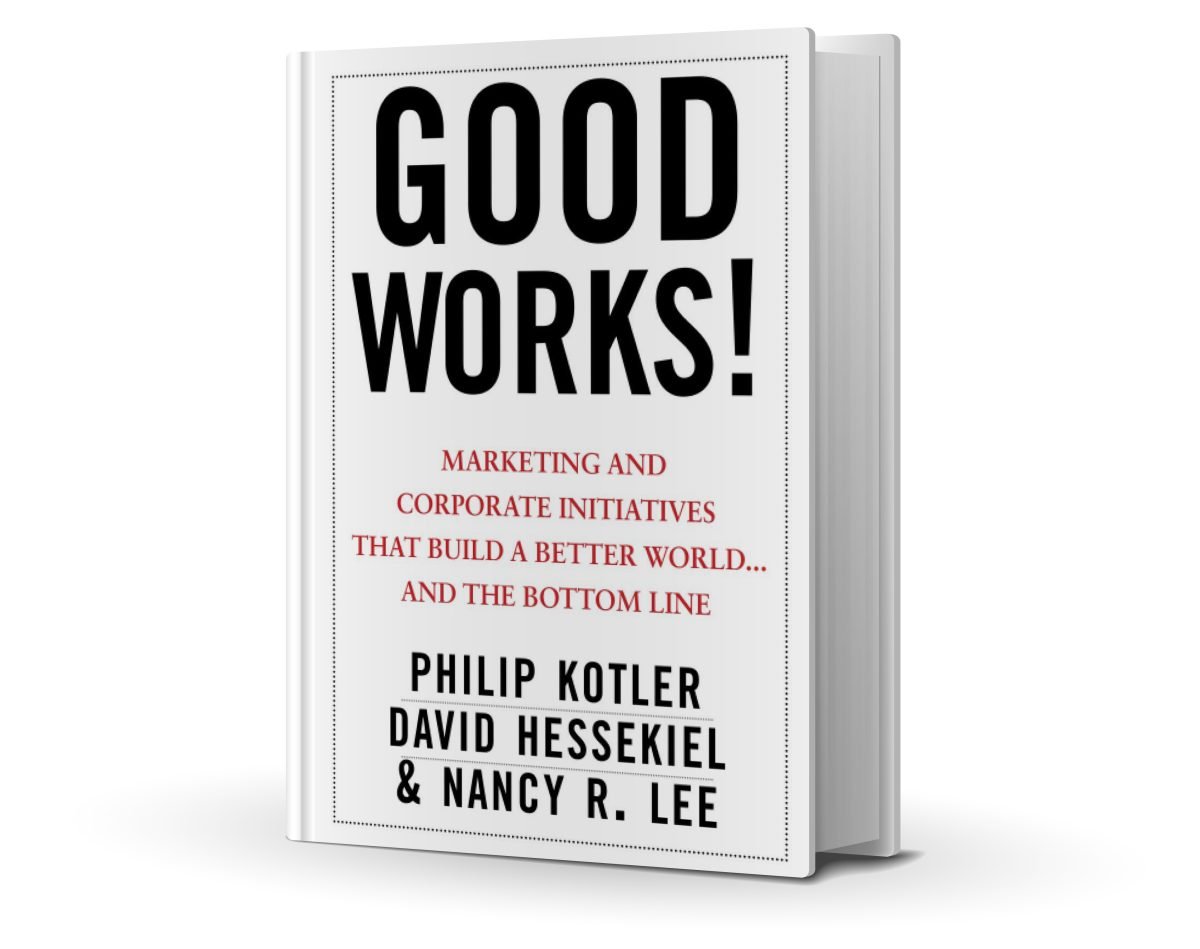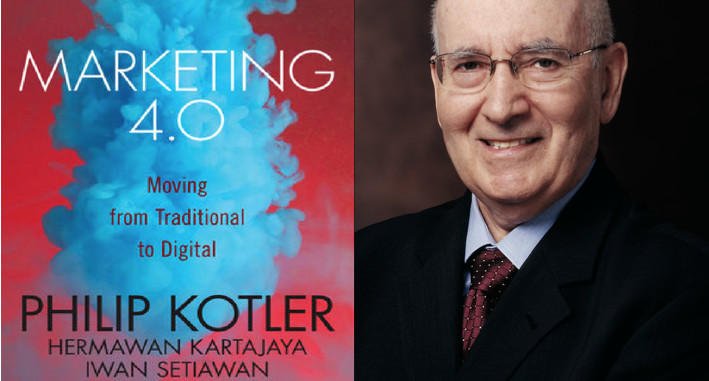In Emotional Intelligence: Why It Can Matter More Than IQ, Daniel Goleman delves deep into the concept of emotional intelligence (EQ) and its significant influence on success, relationships, and personal well-being. Goleman argues that emotional intelligence plays a crucial role in determining life outcomes, often more than traditional measures of academic intelligence, such as IQ. The following explores some of the key insights from the book, drawing on the notes and highlights that showcase the profound impact of emotional intelligence.
The Complexity of Emotions
The book begins with a reference to Aristotle’s Nicomachean Ethics, which emphasizes the challenge of managing anger appropriately: “Anyone can become angry —that is easy. But to be angry with the right person, to the right degree, at the right time, for the right purpose, and in the right way —this is not easy.” This statement underscores the complexity of emotional regulation. Goleman builds on this idea by explaining that the capacity for emotional self-control, persistence, and self-motivation is fundamental to emotional intelligence. These qualities are essential not only for personal growth but also for how we relate to others.
Emotional Intelligence and Empathy
One of the key foundations of emotional intelligence is empathy—the ability to understand and share the feelings of another person. As Goleman points out, the lack of empathy, which stems from an inability to read the emotions of others, can lead to a lack of care or compassion. This concept is tied closely to self-control, which serves as the basis for moral actions such as altruism and compassion. Goleman argues that in today’s world, self-restraint and empathy are among the most important moral stances we need to cultivate.
The ability to understand others’ emotions and act on them is crucial for forming meaningful relationships and ensuring social harmony. Empathy, in turn, enhances one’s capacity for emotional awareness—both of one’s own emotions and those of others—leading to improved communication and better interpersonal connections.
Two Minds: Rational and Emotional
Goleman introduces the idea that humans possess two minds: one that thinks and one that feels. Neuroscientist Joseph LeDoux’s research on the amygdala highlights how emotions can often act independently of the rational mind. This emotional brain has the power to override logical reasoning and can sometimes lead to impulsive or irrational behavior. As Goleman notes, while traditional academic intelligence (IQ) is vital for many aspects of life, it has little to do with managing emotions or understanding social contexts.
This gap between academic intelligence and emotional intelligence is significant. The brightest minds can often fail in their personal lives if they lack emotional awareness and control. Goleman suggests that IQ accounts for only about 20% of the factors that determine life success, leaving a vast 80% influenced by other factors, most notably emotional intelligence.
Interpersonal and Intrapersonal Intelligence
Goleman further expands on the idea of intelligence by introducing the concepts of interpersonal and intrapersonal intelligence. Interpersonal intelligence refers to the ability to understand and work effectively with others. People with high interpersonal intelligence, such as successful salespeople, politicians, and leaders, are adept at motivating, persuading, and collaborating with others.
In contrast, intrapersonal intelligence focuses on self-awareness—the ability to form an accurate understanding of one’s own emotions, thoughts, and behavior. Goleman stresses that self-awareness is the cornerstone of emotional intelligence. As Jack Block’s research at the University of California at Berkeley suggests, individuals with high emotional intelligence are more effective in managing their lives and relationships than those who rely solely on cognitive intelligence.
The Role of Empathy in Emotional Intelligence
Goleman notes that empathy is built upon self-awareness. The more we understand our own emotions, the better equipped we are to read and respond to the emotions of others. This ability to perceive and manage emotions in others is central to handling relationships effectively. Whether in professional settings or personal relationships, being attuned to the emotions of others can significantly improve communication, trust, and cooperation.
Emotional Intelligence in Leadership
Leadership, as Goleman highlights, is not about domination or control. Instead, it’s about the ability to persuade and inspire people to work together toward a common goal. Emotional intelligence plays a key role in effective leadership, particularly in motivating and managing teams, fostering positive relationships, and creating an environment where people feel understood and supported.
In sum, Goleman’s Emotional Intelligence presents the case that while cognitive intelligence can open doors to opportunities, it is emotional intelligence that determines whether we thrive in those opportunities. Whether in managing our own emotions, understanding others, or navigating the complexities of social interactions, emotional intelligence is essential for success in both our personal and professional lives. It’s a reminder that being smart is not enough; understanding and managing emotions—both our own and others’—is what truly makes a difference in life.








